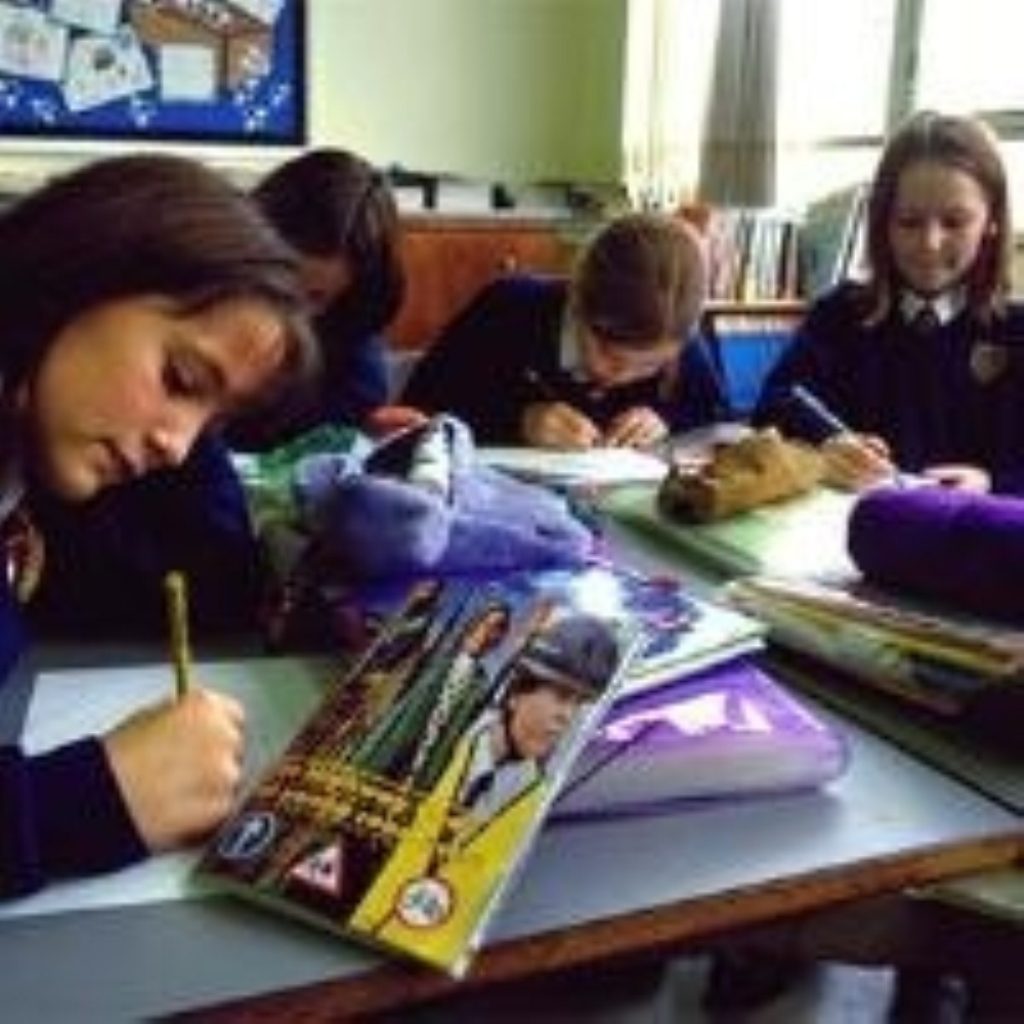Teenagers struggle to name party leaders
Teenagers appear increasingly disenfranchised from British politics, according to new research.
According to an ICM survey of 14- to 16-year-olds for education watchdog, Ofsted, only one in four could successfully name Labour as the present government.
Four per cent assumed the Conservatives were in power, while two per cent thought the Liberal Democrats held sway at Westminster.
A disturbing two-thirds admitted to having no idea.


The poll found nearly half of respondents disagreed with the view that it was important to be aware of a party’s domestic and foreign policies.
The poll comes ahead of a speech by David Bell, the chief schools inspector and head of Ofsted, to the Hansard Society tomorrow.
He will urge teenagers on Monday to foster a sense of citizenship.
Citizenship classes are now a compulsory subject on the curriculum of British state secondary schools.
But ICM pollsters said the effects of the curriculum change had been hard to discern.
Pollsters said: “If the object of ‘citizenship’ classes is to instil some kind of civic understanding or responsibility about being British or at least being resident in Britain, pupils appear to have missed the point.”
ICM interviewed 110 pupils and 100 teachers on national identity and political awareness.
Presented with a photograph, only 16 per cent could name Michael Howard as the Conservative party leader and only one in ten identified Liberal Democrat counterpart, Charles Kennedy.
But, 95 per cent identified Tony Blair as Prime Minister.
The teenagers were also quizzed on national symbols. Asked to choose between six symbols and to identify which best encapsulated the British identity, 57 per cent of respondents chose the Union flag and 34 per cent the Queen.
A Manchester United shirt came third after being chosen by three per cent of respondents.
On food, 57 per cent thought fish and chips was the most traditional British dish.
Roast beef and Yorkshire pudding came second.
Despite its popularity, only one per cent of interviewees said curry was a traditional British dish; jellied eels and McDonald’s received the same score.
In terms of identity, seven out of ten said they were “British”, while a quarter considered themselves English.











